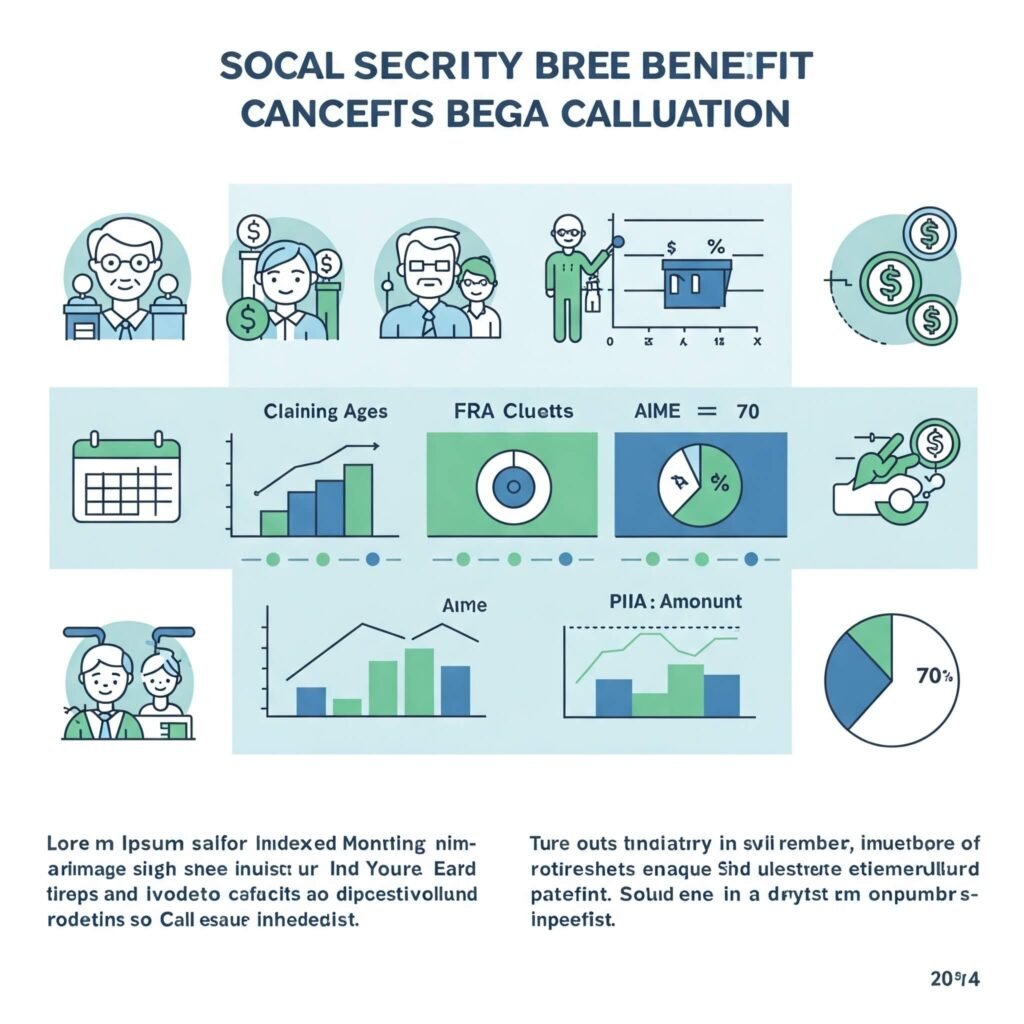My Social Security estimate’s a measly $1,500 a month when I hit 67—average is $1,907. To maximize your retirement income, you gotta time your benefits, boost earnings, and dodge traps—spoiler: I learned this after misreading my SSA statement in a panic. These tips? Born from my sweaty scrolls, late-night app checks, and one mortifying call to Social Security where I mispronounced “spousal benefits.” Tip from my flops: check your earnings record early; I missed an error that cost me $100 a month. Contradiction: I preach chill planning, yet I fumbled my SSA login during a dust storm Wi-Fi glitch—chaos energy.
Tip 1: Check Your Earnings Record to Maximize Your Retirement Income
Start to maximize your retirement income by checking your Social Security earnings record at SSA.gov. Pulled mine during a sweaty night, fan rattling, and found a missing year of gig work—cringe. Fixed it online, boosted my estimate by $120 a month. Pro: free and quick. Con: tedious verification; I flubbed my login twice, ouch. Don’t skip like I did, distracted by a taco truck run.is key to maximizing your retirement income through Social Security.

Tip 2: Delay Benefits to Maximize Your Retirement Income
Delaying Social Security past 62 to 70 can maximize your retirement income—8% more per year after full retirement age (67). I planned to claim at 62, would’ve lost $500 a month. Pro: bigger checks later. Con: need savings to wait; I’m scraping by, tough call. Surprising: delaying to 70 could add $10k yearly. Check SSA.gov—don’t rush like I almost did, hyped for quick cash.
- My Rookie Tip: Model delays on SSA’s calculator; saved me from a dumb early claim.
- Why It Fit My Mess: Forced me to budget my taco runs.
Tip 3: Work 35 High-Earning Years to Maximize Your Retirement Income
Social Security uses your top 35 earning years, so work longer or earn more. My low-earning gig years dragged my estimate down—facepalm. Took a side hustle, boosted my 2024 earnings by $5k. Pro: direct impact on benefits. Con: grinding sucks; I burned out once. Scope Fidelity—helped me plan without losing my chill.
Tip 4: Explore Spousal Benefits
Spousal benefits can maximize your retirement income—up to 50% of your partner’s benefit. Misread mine, thought I’d get nothing ‘cause I’m single, oof. Pro: extra cash if married. Con: complex rules; I zoned out reading them. Surprising: divorced folks can qualify. Check SSA.gov—don’t skim like I did, distracted by a desert sunset.

ip 5: Combine with Other Savings to Maximize Your Retirement Income
Social Security isn’t enough, so pair it with 401(k)s or IRAs to maximize your retirement income. Started a Roth IRA with Vanguard, $50 a month, felt like adulting. Pro: diversifies income. Con: early withdrawals sting; I almost cashed out for a festival, cringe. Surprising: $100 monthly grows to $76k in 30 years. Don’t slack like I did, scrolling X instead of saving.

Wrapping My Rant on How to Maximize Your Retirement Income
Whew, spilling this while Tucson’s heat shimmers outside—feels like shaking off a bad budget taco. These tips to maximize your retirement income didn’t erase my flops (that early claim scare? Still stings), but they bumped my estimate to $1,700 a month, scored tax breaks, and hey, I’m not broke yet. Contradiction: I curse paperwork, yet I’m hyped for my desert retirement—peak Tucson hustle, right? If you’re in the US grind—bills piling, retirement dreams calling—hit these hacks, check SSA like I forgot to, and dodge my dumb moves. Got a Social Security horror? Spill below, let’s vent over virtual carne asada.
Outbound Link: 10 Points of Retirement Planning: An Overview of Recommendations from Professionals




